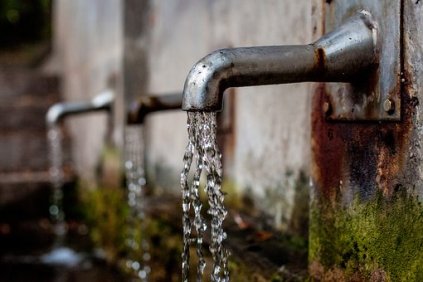“Day Zero”, the day when the taps run dry is not very far away. Nearly a quarter of the world’s population lives in 17 countries facing “extremely high” water stress, with India ranked 13 and having more than three times the combined population of the other 16 nations, according to a report.
The World Resources Institute’s Aqueduct Water Risk Atlas says India and the other nations are close to “Day Zero”, when taps run dry.
In the 17 countries, agriculture, industry, and municipalities are drinking up 80% of available ground and surface water in an average year, and India’s resources are severely over-extracted, largely to provide water for irrigation. Northern India is facing severe groundwater depletion.
Water stress refers to the share of available renewable surface and groundwater that is withdrawn, and has been calculated by a model that has used data from 1960-2014. When demand rivals supply, even small dry shocks – which are set to increase due to climate change – can produce dire consequences, researchers said.
The report also gives sub-regional situation for India – the Union Territory of Chandigarh has the highest water stress, followed by Haryana, Rajasthan, Uttar Pradesh, Punjab, Gujarat, Uttarakhand, Madhya Pradesh, and Jammu and Kashmir.
The atlas ranked water stress, drought risk and riverine flood risk across 189 countries. Qatar, Israel, Lebanon, Iran, Jordan, Libya, Kuwait, Saudi Arabia, Eritrea, UAE, San Marino, Bahrain, India, Pakistan, Turkmenistan, Oman and Botswana make up the top 17. Pakistan, placed just below India, is the only other South Asian country in the top 20 countries in terms of water stress.
Andrew Steer, the CEO of WRI said that Water stress is the biggest crisis no one is talking about. Its consequences are in plain sight in the form of food insecurity, conflict and migration, and financial instability
According to Shashi Shekhar, the former secretary, Ministry of Water Resources, the recent water crisis in Chennai gained global attention, but various areas in India are experiencing chronic water stress as well.
Source: Hindustan Times


